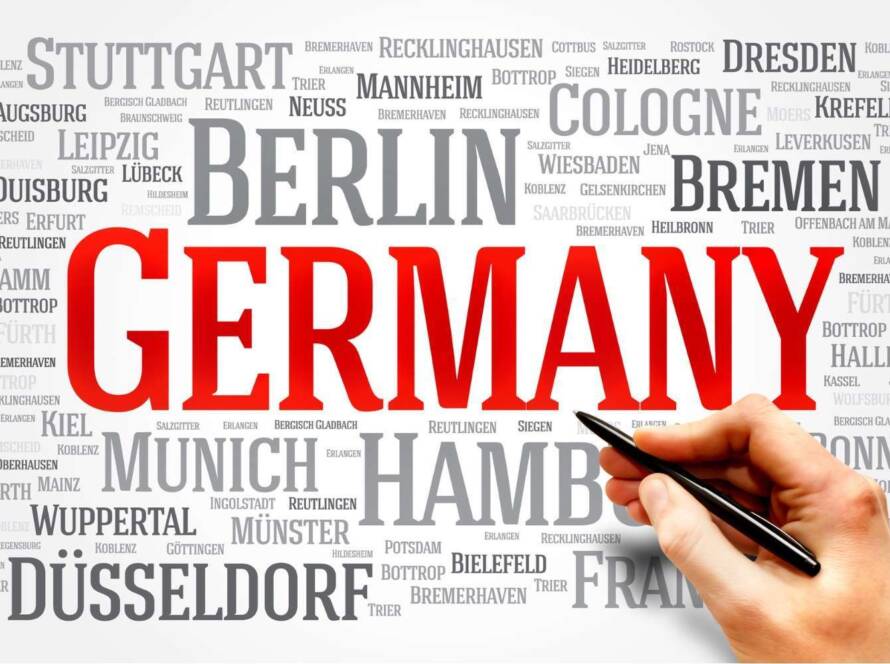More and more German SMEs are discovering Vietnam as a business opportunity. Still, Germany is only the 17th largest foreign investor in Vietnam, and there is plenty more potential.
ASIA-CONNECT (www.asia-connect.asia) partners with western businesses and helps them solve problems or take advantage of new business opportunities. Do not hesitate to reach out and learn more about our experienced executives who can help you act and create real business impact.
As of 2023, German businesses had invested in a total of 463 projects valued at $2.68 billion in Vietnam. With nearly 500 German companies operating in Vietnam, many of them are concentrated in Ho Chi Minh City in Southern Vietnam. Bosch leads the way followed by STADA. However, many German enterprises like B. Braun and Messer are also established in northern Vietnam, particularly around Hanoi and Haiphong. Recent investments in the north include Magnetec and Tesa in Haiphong and Lecka in Hanoi. Central Vietnam, notably Binh Dinh, Phu Yen, and the Danang region, has also seen German investments, with companies like Dräxlmaier, Wendler, and OKE setting up operations. Leonhard Kurz is in the process of establishing a factory in Binh Dinh.
With a burgeoning population of 100 million, Vietnam offers substantial opportunities for German businesses, distinguishing it from other regional markets like Thailand, Indonesia, and the Philippines. Traditionally, German investments in Southeast Asia were directed towards Singapore, Thailand, and Malaysia. Recently the focus has shifted towards Vietnam due to its lower costs, domestic market, and proximity to China.
Vietnam’s emergence as a manufacturing hub in industries such as electronics, textiles, and automobiles has attracted German businesses, leveraging the country’s competitive labor costs and export-oriented policies. Moreover, Vietnam’s position as a base for exporting to ASEAN has made it increasingly appealing for German brands. As a result, numerous companies have established new production plants across various sectors, often opting for ready-built factories for quicker market entry and reduced capital commitment.
The upward trend in German investment in Vietnam is expected to continue in 2024, bolstered by a visit from President Frank-Walter Steinmeier in January, accompanied by a high-level business delegation. German companies acknowledge the Vietnamese government’s efforts to improve the business climate and anticipate further reforms to facilitate business operations. While Vietnam has made strides in infrastructure development, challenges such as corruption, intellectual property rights protection, and contract enforcement persist, necessitating legal reforms to provide a more favorable and secure business environment. Additionally, streamlining bureaucratic processes, particularly in finance, customs, and licensing, is crucial to enhancing Vietnam’s appeal as a premier investment destination regionally and globally.



